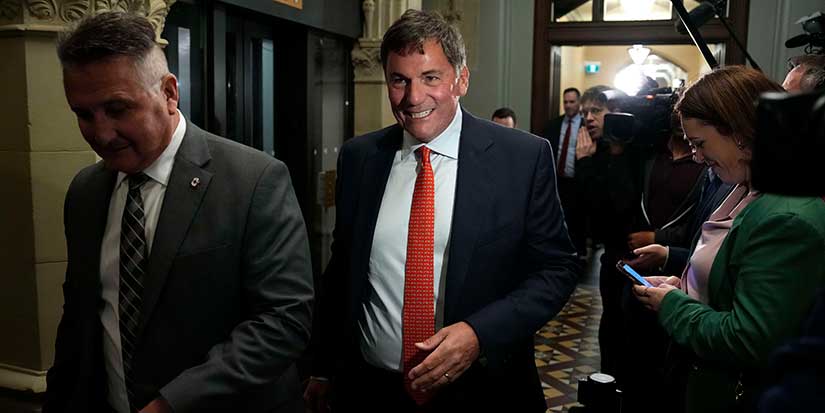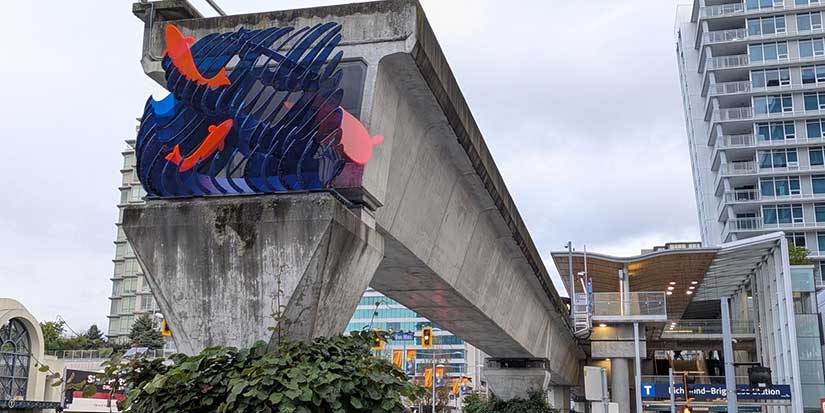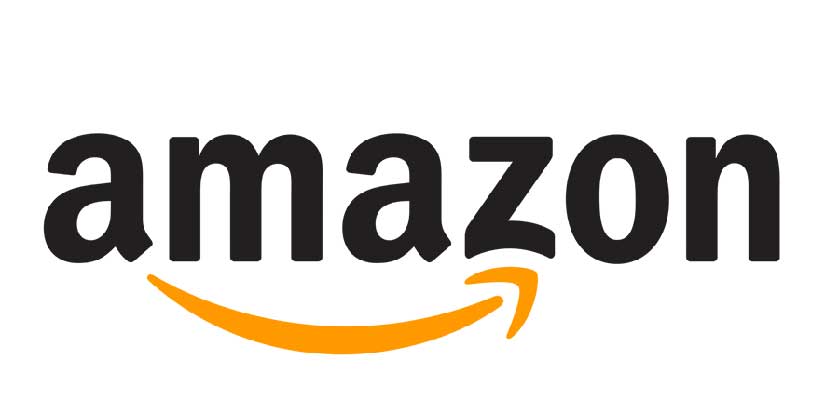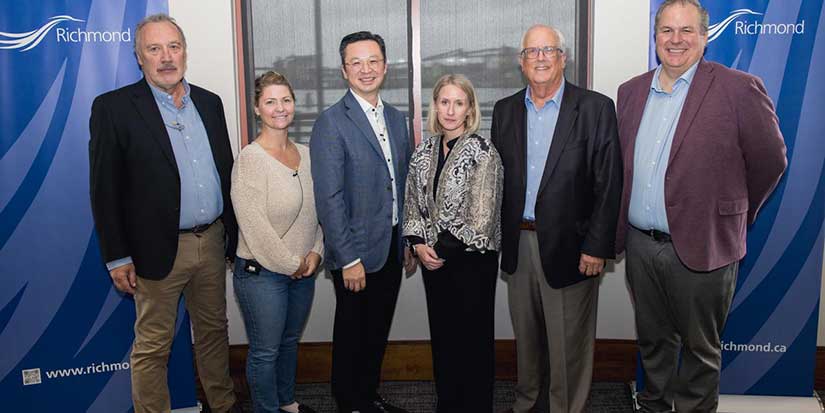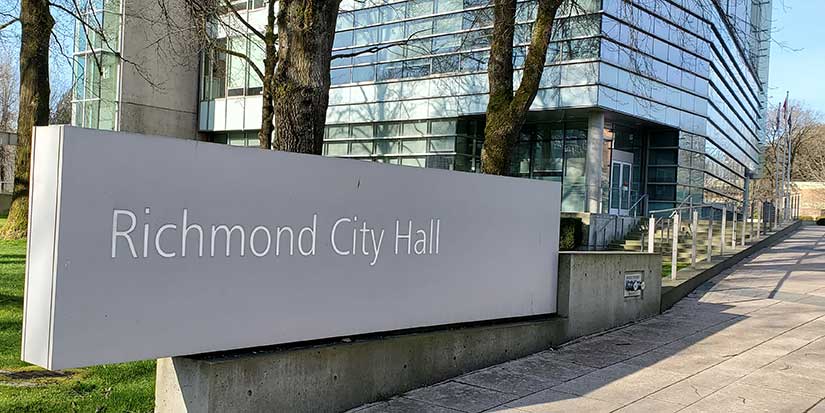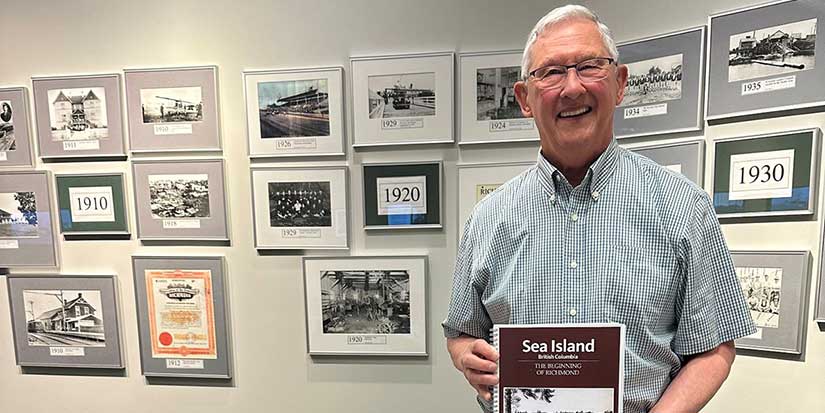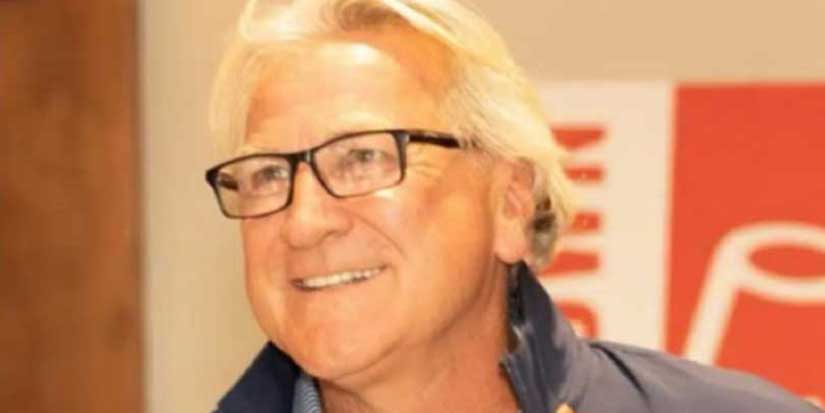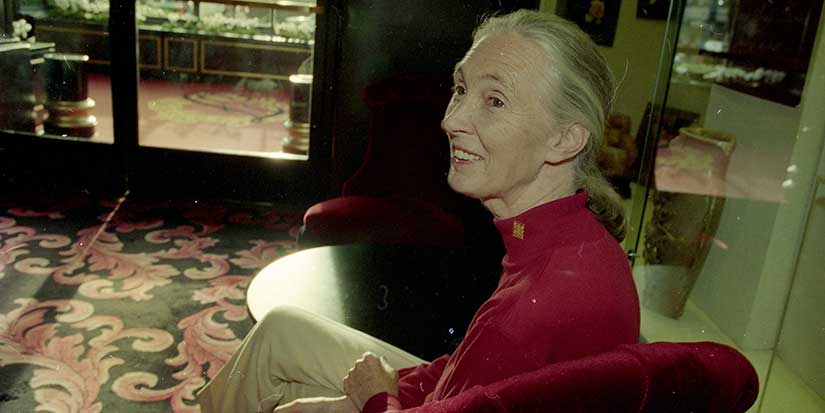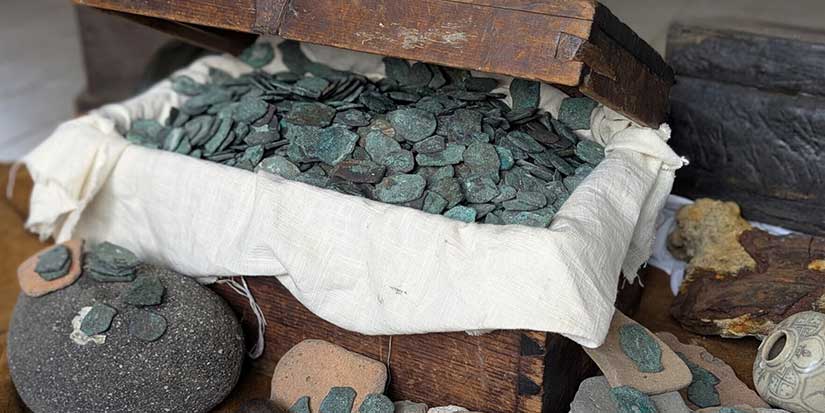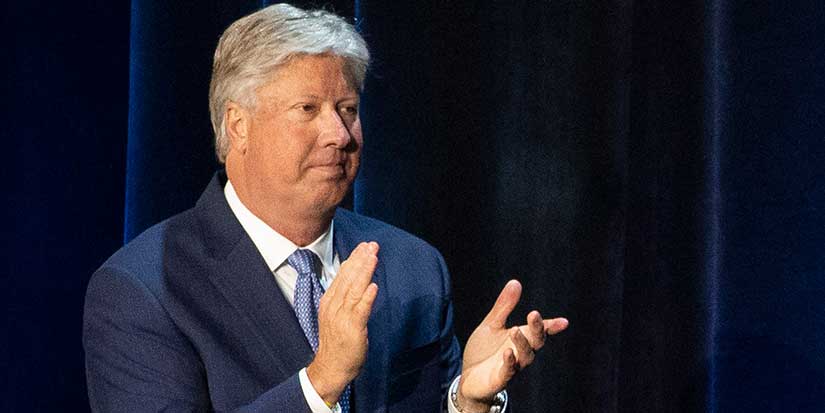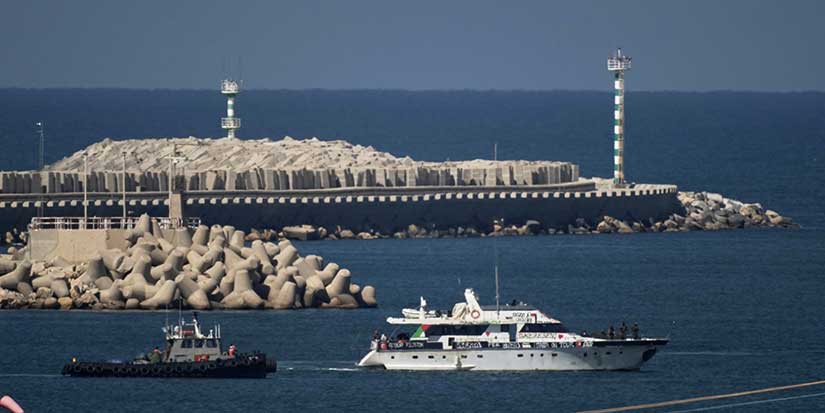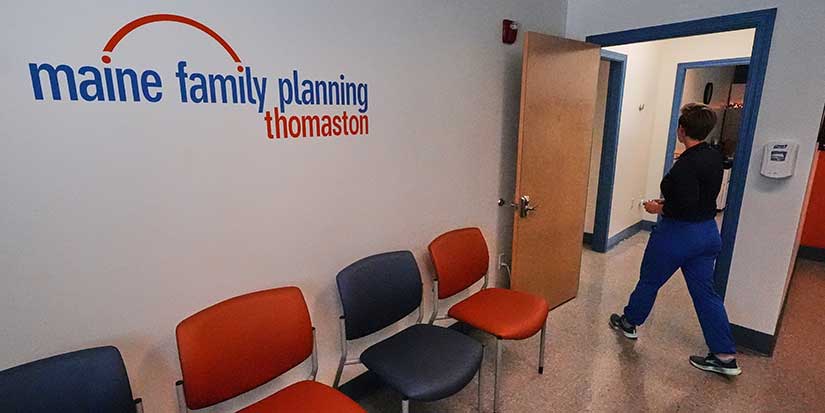National News
LeBlanc hopes for progress on sectoral deals before CUSMA review starts
Published 12:49 PDT, Thu October 2, 2025
Last Updated: 2:38 PDT, Thu October 2, 2025
—
It's futile to predict how long trade talks with President Donald Trump's White House might last, Intergovernmental Affairs Minister Dominic LeBlanc told the House of Commons trade committee Thursday afternoon.
It was the second committee appearance LeBlanc made that day. He told a Senate foreign affairs committee earlier in the day that Canada is still in discussions on dropping the sector-specific tariffs putting pressure on Canadian industries and he does not see "a dead end in those conversations."
Conservative MP Adam Chambers said LeBlanc's exchanges with senators made it sound like the government is making no progress with the U.S. on getting tariffs lifted.
"You're in a really tough spot. You're negotiating with a country that seems to keep moving the goalposts and your boss keeps making promises that he seems to not be able to deliver upon," Chambers told LeBlanc.
"I take from your testimony at the Senate we're not any closer to a deal with the Americans on sectoral tariffs than we were just a few weeks ago."
But LeBlanc, the minister tasked with Canada-U.S. relations, replied to Chambers that his talks with Commerce Secretary Howard Lutnick are "encouraging" and he remains "optimistic."
“I have lost the illusion we should predict, in precise time, when we may get to an agreement,” LeBlanc said.
The minister told senators he is hoping to make progress on one-off, sector-specific tariff deals with the U.S. before the official review of North America's trilateral trade pact begins.
He said the government is looking to "make progress before" the formal Canada-United States-Mexico Agreement review launches next year. He added that "nobody has yet suggested" Ottawa should fold the sector-specific talks into the broader review.
"If we're not making progress and we have to put that into the CUSMA review process … it would bring more structure perhaps in the sense of the trilateral relationship, technical tables, sectoral conversations. But I'm hoping we can get progress before the review process formally engages," LeBlanc said. "Time will tell us if my optimism is misplaced."
Conservative Leader Pierre Poilievre said Thursday that after more than six months in government, Prime Minister Mark Carney has not managed to de-escalate the U.S. tariff war or land concrete wins with other nations on trade.
"He goes to Washington, gets wonderful, gushing media coverage. What's the result? The Americans double tariffs on Canada," Poilievre told reporters at a news conference held outdoors, behind a building on Parliament Hill.
"It has been a gigantic bait-and-switch. We were sold this brilliant negotiator. Where is it?"
Carney met with Trump at the White House in May. Most of the media attention at that meeting was focused on Trump's comments about making Canada a U.S. state, something Carney said will never happen.
Trump doubled his steel and aluminum tariffs to 50 per cent in June.
The president escalated his trade war again this week, through an executive order adding a 10 per cent tariff on softwood lumber and 25 per cent tariff on wooden furniture.
LeBlanc acknowledged these new tariffs on derivative steel, aluminum and wood products will "massively" increase the complexity facing companies.
He also acknowledged the American side has been citing the supply management system in agriculture as a trade irritant.
LeBlanc said Ottawa is drawing a line in the sand with the Americans on supply management, both privately and publicly — although he used much stronger language the day before.
"Supply management is not a subject of negotiation with the Americans. It will not be, it is not or will never be on a negotiating table as we look at a review of the CUSMA agreement," LeBlanc told reporters on Wednesday.
LeBlanc said Canada retains many "leverage points" over the U.S. and that the tariffs will force American industrial giants to pressure Trump as well.
"A very significant portion of the American importation of aluminum comes from Canada. They've added a 50 per cent tariff on it," he said.
"If you're the CEO of Ford Motors and all of your F-150 and 250 trucks are made with Canadian aluminum, imported into the manufacturing facilities in the United States, it's an inflationary pressure on those trucks. That's just one example amongst others."
The U.S. federal government shut down Wednesday, leaving hundreds of thousands of employees on furlough. While many federal offices have shuttered and there's no compromise in sight to end the impasse, staff at the Office of the United States Trade Representative, who are in the midst of international trade negotiations, will still be required to work.
According to United States Trade Representative contingency plans, the department "will continue to perform functions necessary to the discharge of the president’s constitutional duty and power to conduct foreign relations."
Canada's Ambassador to the United States Kirsten Hillman, who is Canada's chief negotiator, has been meeting for months with U.S. Trade Representative Jamieson Greer and his staff to find an off-ramp from Trump's tariffs for key Canadian sectors.
LeBlanc said Greer has talked to Canada about the U.S. preparations for the coming CUSMA review and it has not been "inflammatory."
– Kyle Duggan, The Canadian Press
With files from Kelly Geraldine Malone in Washington.
